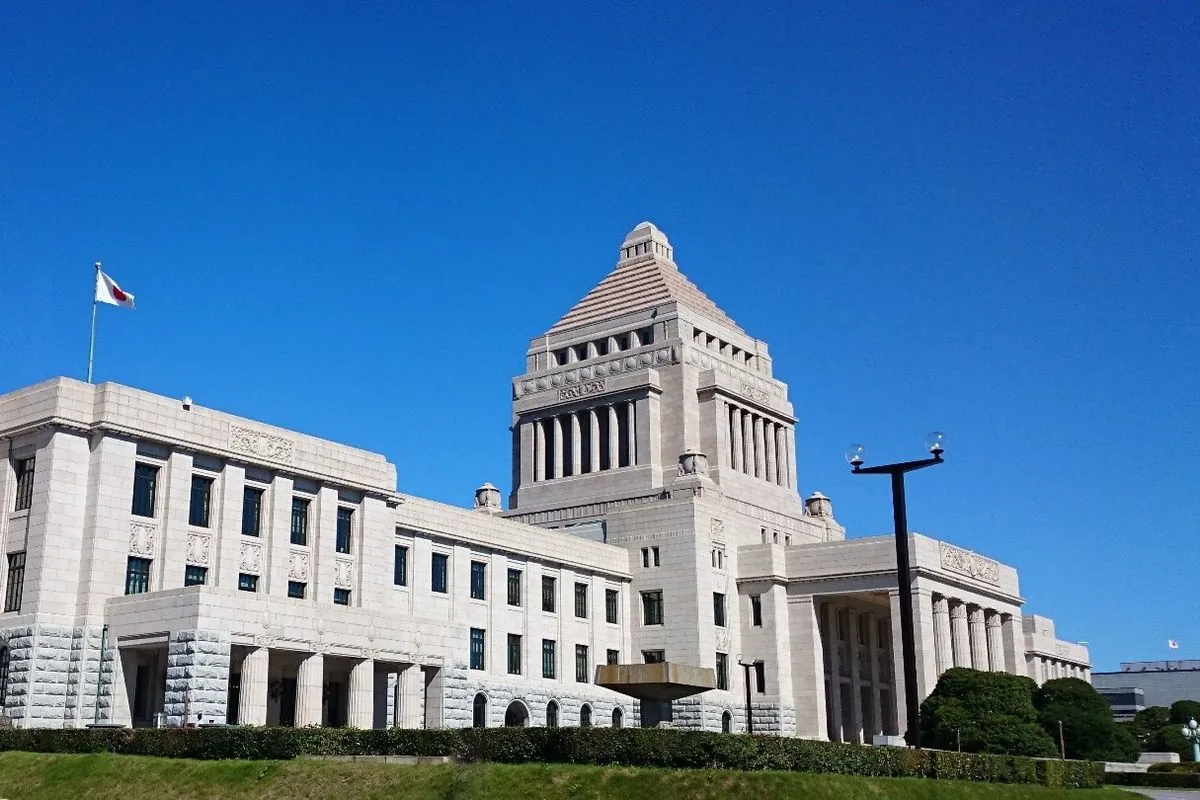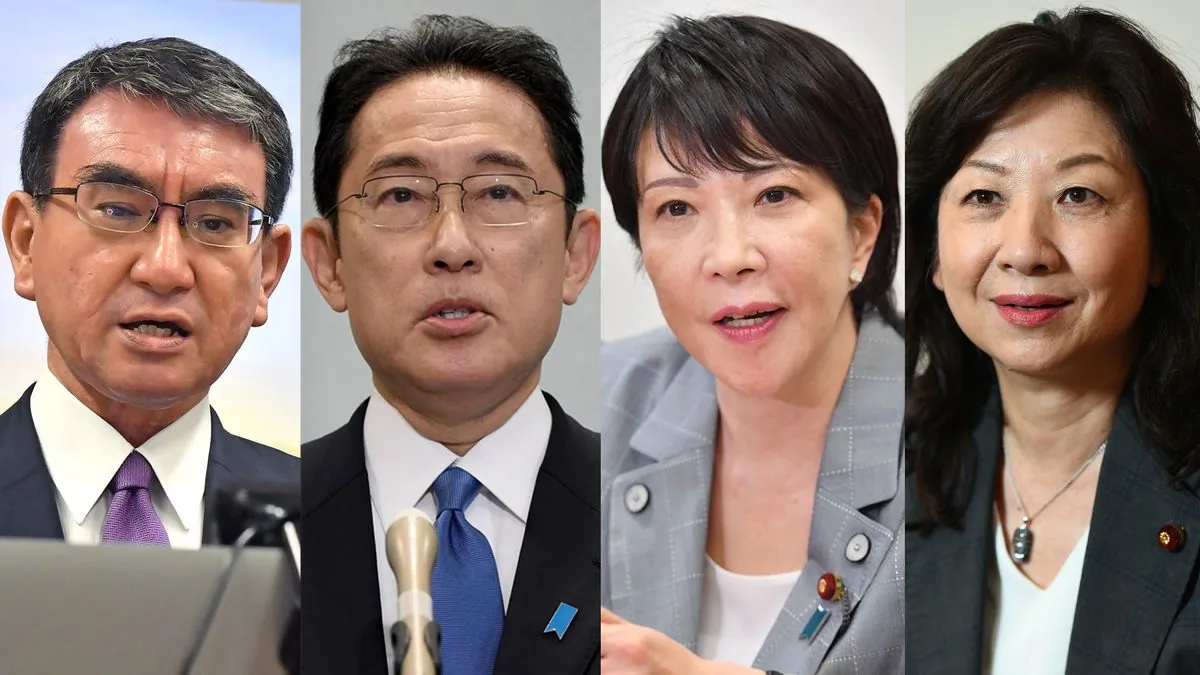Japan's Ruling Party to Elect New Leader Amid Corruption Concerns
Japan's Liberal Democratic Party prepares for a crucial leadership election, with the winner set to become the next prime minister. The vote comes as the party seeks to regain public trust following recent scandals.

On September 29, 2023, Japan's Liberal Democratic Party (LDP) is set to hold a pivotal election to determine its new leader, who will subsequently become the nation's prime minister. This event marks a significant moment in Japanese politics, as the LDP has maintained a dominant position in the country's governance for nearly seven decades.
The election comes in the wake of Fumio Kishida's decision to step down from his role as prime minister, following a series of corruption scandals that have eroded public confidence in the party. The LDP, which has been in power for all but four years since its founding in 1955, is now seeking to restore its credibility and chart a new course for Japan's leadership.
An unprecedented field of nine candidates, including two women, are vying for the top position. This diverse array of contenders reflects the changing dynamics within Japanese politics and the growing calls for greater representation in a country where women make up only 10.3% of the lower house of parliament.
The election process, however, remains limited in scope. Only LDP members of parliament and approximately one million party members are eligible to vote, representing a mere 1% of Japan's total electorate. This restricted franchise has raised questions about the democratic nature of the selection process for such a crucial national leadership role.

One notable aspect of this election is the diminished influence of the LDP's traditional factions. Following the recent scandals, all but one of the party's six factions have announced their dissolution. This shift away from factional politics could potentially lead to a more unpredictable outcome and may signal a new era in Japanese political dynamics.
Among the frontrunners, Shigeru Ishiba, a former defense minister, has consistently led in media surveys. Shinjiro Koizumi, the current Environment Minister and son of former popular prime minister Junichiro Koizumi, follows closely behind. Sanae Takaichi, the Economic Security Minister and a protégé of former prime minister Shinzo Abe, rounds out the top three contenders.
The possibility of Japan electing its first female prime minister adds an extra layer of significance to this election. If either Sanae Takaichi or Foreign Minister Yoko Kamikawa emerges victorious, it would mark a historic moment for gender representation in Japanese politics.
"This election represents a critical juncture for our party and our nation. We must choose a leader who can restore public trust and guide Japan through the challenges that lie ahead."
The outcome of this election carries substantial implications for Japan's political stability and policy direction. Experts have expressed concerns that the removal of factional support could potentially lead to a return of the "revolving door" leadership changes witnessed in the early 2000s. Such frequent turnover in leadership can hinder the implementation of long-term policies and the development of strong international relationships.
As Japan navigates this pivotal moment in its political landscape, the world watches with keen interest. The new leader will face the immediate task of forming a Cabinet and addressing the pressing issues facing the nation, including economic recovery, demographic challenges, and geopolitical tensions in the region.
The LDP's ability to regain public trust and provide stable governance will be crucial in shaping Japan's future trajectory. As the country prepares for this transition, the hope is that the new leadership will bring fresh perspectives and effective solutions to the challenges that lie ahead.


































